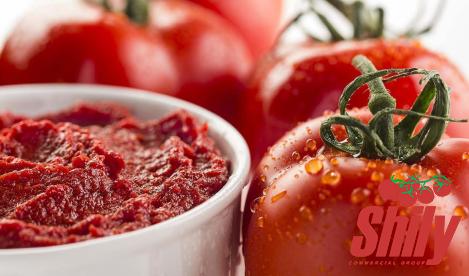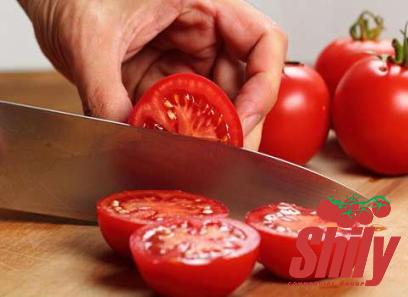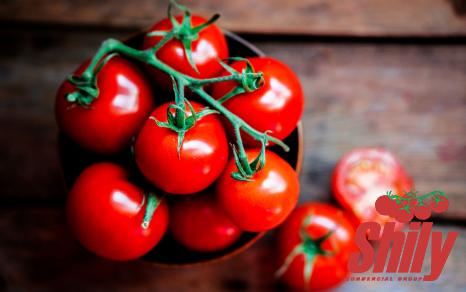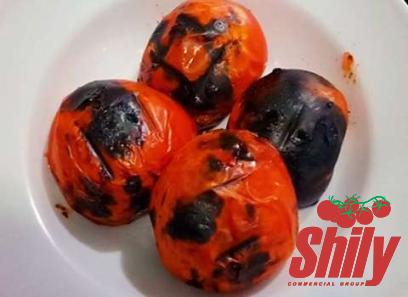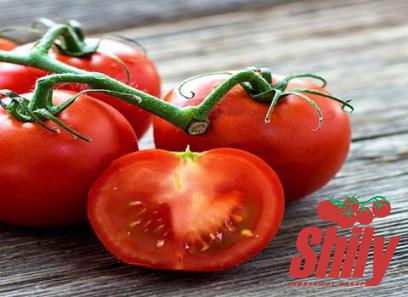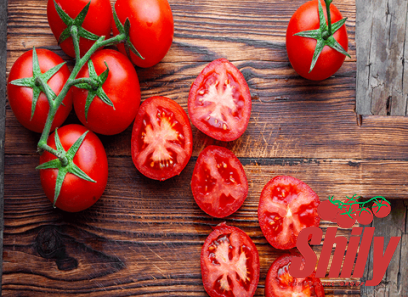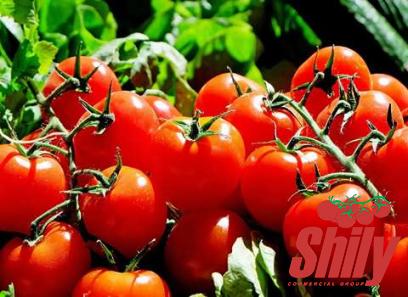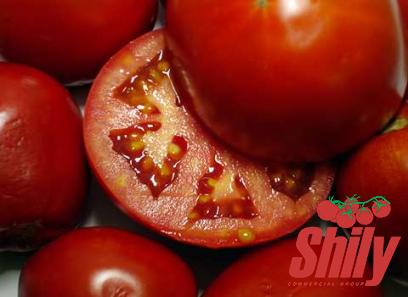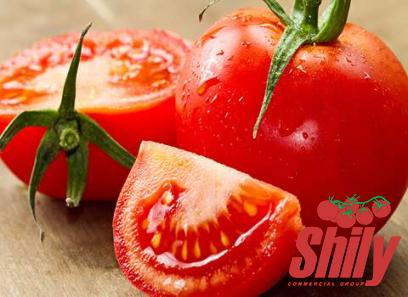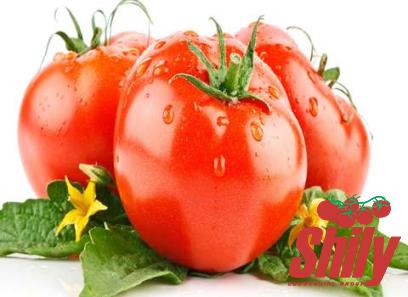Going Green: Organic Ketchup in Glass Bottles
Introduction:
Organic food is becoming increasingly popular among health-conscious consumers, and one of the must-haves in every pantry is ketchup. Traditional ketchup, with its vibrant red color and tangy flavor, has been a staple condiment for years. However, with the growing emphasis on sustainability and eco-friendly packaging, many consumers are now searching for an alternative: organic ketchup in glass bottles. In this article, we explore the benefits and drawbacks of organic ketchup in glass bottles, its impact on health and the environment, and its market potential.
Health Benefits:
Organic ketchup in glass bottles is free from synthetic pesticides, preservatives, and genetically modified organisms. It is made from organic tomatoes that are grown without the use of chemical fertilizers. This results in a product that is healthier and more nutritious, providing consumers with peace of mind knowing that they are consuming a condiment free from harmful chemicals.
Glass Bottle Advantages:
One of the main selling points of organic ketchup in glass bottles is the packaging itself. Glass bottles are non-toxic and do not leach any harmful chemicals into the ketchup, ensuring that the product remains pure and uncontaminated. Additionally, glass is impermeable and airtight, keeping the ketchup fresh for a longer period compared to plastic containers. Glass bottles are also reusable and recyclable, making them an eco-friendly packaging choice.
Environmental Impact:
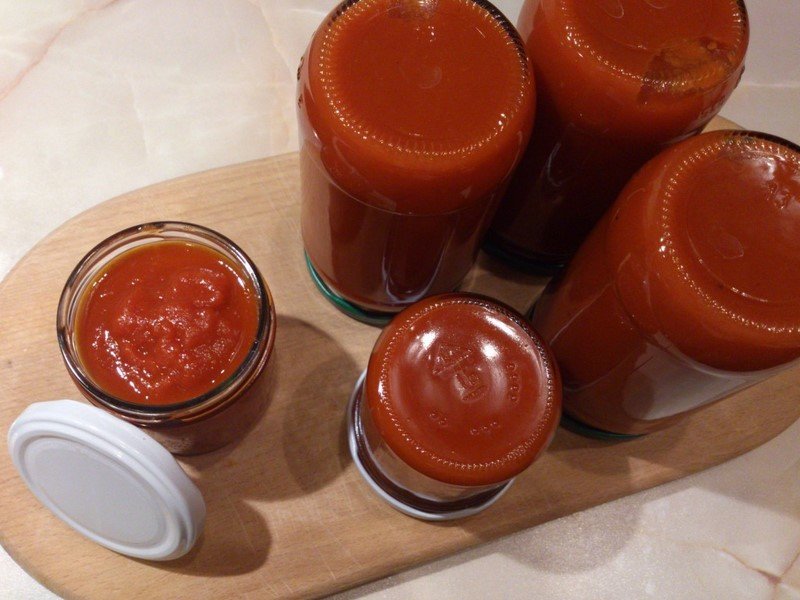
The environmental advantages of organic ketchup in glass bottles are significant. Glass is made from abundant natural materials like sand, limestone, and soda ash, making it a sustainable choice. Moreover, glass can be recycled indefinitely without losing its quality, which reduces the need for virgin materials and lowers energy consumption. By choosing organic ketchup in glass bottles, consumers can contribute to reducing plastic waste and minimizing the carbon footprint associated with traditional packaging alternatives.
Market Potential:
The market for organic products has experienced significant growth in recent years, and organic ketchup is no exception. Consumer demand for healthier and sustainable food options has driven the rise in popularity of organic ketchup in glass bottles. Many small and large food companies have started offering organic ketchup, introducing a wider range of flavors and varieties to cater to different tastes. The market potential for organic ketchup in glass bottles is promising, as it aligns with consumer preferences and addresses their concerns regarding health and the environment.
Challenges and Drawbacks:
Despite the numerous advantages, there are a few challenges and drawbacks associated with organic ketchup in glass bottles. One notable challenge is the higher cost compared to conventional ketchup. Organic farming practices require more labor-intensive methods, resulting in increased production costs. Additionally, glass bottles are more expensive to produce and transport compared to plastic alternatives. While some consumers are willing to pay a premium for organic and sustainable products, price-sensitive customers may find it difficult to justify the higher cost.
Another challenge is the breakability of glass bottles. Although glass is sturdy, it is more prone to breaking if mishandled, leading to potential product loss and safety hazards. However, advancements in packaging design and manufacturing processes have resulted in glass bottles that are more resistant to breakage, alleviating this concern to some extent.
Conclusion:
Organic ketchup in glass bottles offers a healthier and eco-friendly alternative to traditional ketchup. With its numerous health benefits, including being free from harmful chemicals and additives, it appeals to consumers who prioritize their well-being. The eco-conscious packaging of glass bottles further resonates with environmentally responsible consumers by reducing plastic waste and carbon footprint. While challenges such as higher costs and breakability exist, the market potential for organic ketchup in glass bottles is expected to continue growing as consumers increasingly choose products aligned with their health and sustainability values.Heading: The Rise of Organic Food Market
The demand for organic products has been steadily increasing over the past few years, driven by a growing awareness of the benefits of consuming pesticide-free and sustainably produced food. According to a report by Grand View Research, the global organic food market is expected to reach $323.09 billion by 2025. This surge in demand is attributed to consumers’ desire to lead healthier lifestyles and support environmentally friendly practices.
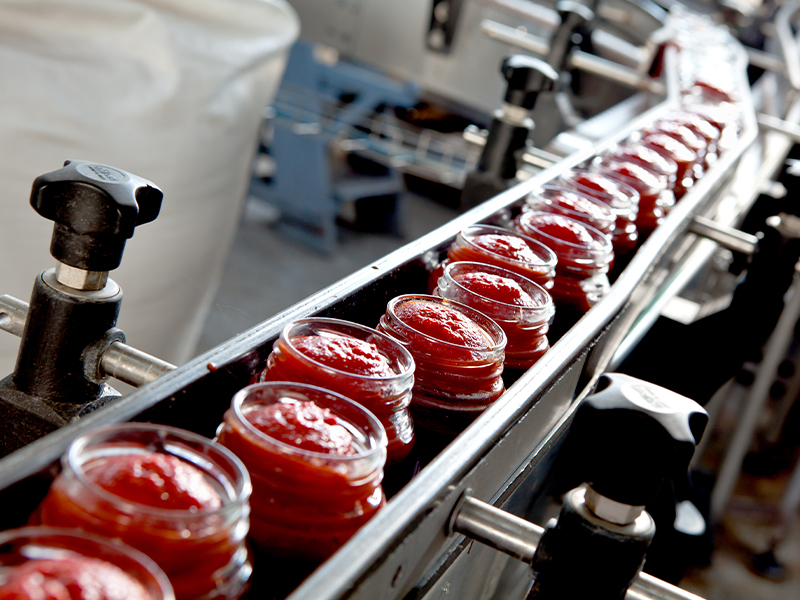
Heading: Organic Condiments: Meeting Consumer Needs
Within the organic food market, organic condiments have witnessed significant growth. Ketchup, in particular, is a popular condiment that consumers are now seeking to replace with its organic counterpart. Organic ketchup, made from high-quality organic tomatoes and natural ingredients, appeals to health-conscious consumers who want to avoid chemicals and additives found in conventional ketchup.
Heading: Glass Bottles: The Preferred Packaging
As consumers shift towards organic ketchup, the choice of packaging also becomes crucial. Glass bottles have emerged as the preferred choice for organic ketchup packaging due to their perceived quality, durability, and sustainability. Glass retains the flavors and freshness of the ketchup without any risk of chemical leaching. It also provides an authentic and premium feel to the product, enhancing the overall consumer experience.
Heading: Sustainability and Environmental Impact
One of the main reasons consumers opt for organic ketchup in glass bottles is the environmental impact. Glass is 100% recyclable and can be melted down and repurposed repeatedly without any loss in quality. This makes it an excellent choice for sustainability-conscious consumers looking to reduce their carbon footprint. Moreover, glass is inert and does not contribute to the microplastic pollution crisis that plastic packaging often leads to.
Heading: Differentiating with a Unique Selling Proposition
Organic ketchup in glass bottles can be a great way for businesses to differentiate themselves in a crowded condiment market. By emphasizing sustainability, health benefits, and premium quality, companies can position their organic ketchup as a premium choice for conscious consumers. Additionally, offering unique flavors and combinations can further attract consumers looking for variety in their condiments.
Heading: Market Competition and Key Players

While the market for organic ketchup in glass bottles is growing, it is not without its competition. Major players in the organic condiment industry, such as Annie’s Homegrown, Primal Kitchen, and Sir Kensington’s, have already launched their organic ketchup varieties in glass bottles. These established brands have gained consumer trust and loyalty, making it essential for new entrants to differentiate their products through innovative flavors, sustainable sourcing methods, or price points.
Heading: Marketing and Branding Strategies
To succeed in this competitive market, businesses must develop strong marketing and branding strategies. Emphasizing the organic and sustainable aspects of the product, along with the health benefits, can resonate with target consumers. Building brand integrity by transparently sharing sourcing and production processes can also enhance consumer trust. Additionally, collaborating with influencers, health-conscious bloggers, and environmental organizations can help spread awareness and attract a larger customer base.
Heading: Distribution Channels and Retail Presence
To reach the target market, businesses need to carefully select distribution channels and establish a strong retail presence. While online platforms, such as e-commerce websites and organic food marketplaces, provide a convenient avenue, partnering with reputable retailers like health food stores, supermarkets, and specialty stores can give the product wider visibility and credibility. Trade shows and food festivals can also present opportunities for networking and direct consumer engagement.
Heading: Overcoming Challenges
Entering the organic ketchup market, especially in glass bottles, does come with its challenges. The higher production costs associated with organic farming and glass packaging can result in a higher price point for the product. However, businesses can mitigate this challenge by focusing on their unique selling propositions, targeting niche markets willing to pay a premium for organic and sustainable products.
Heading: Future Trends and Expansion Opportunities
Looking ahead, the future of organic ketchup in glass bottles seems promising. With the increasing demand for organic products and sustainable packaging, businesses in this sector have great expansion opportunities. Concepts such as customized flavors or personalized labels can attract consumers looking for unique condiments. Additionally, exploring international markets and partnering with organic food chains or restaurants can further increase brand reach and growth potential.
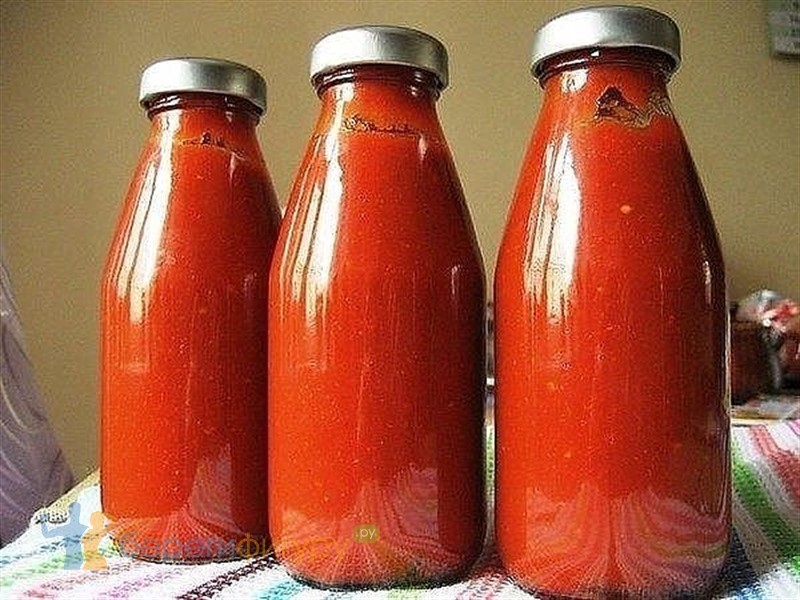
Heading: Conclusion
Organic ketchup in glass bottles offers health-conscious consumers a sustainable and premium alternative to traditional ketchup. With the rising demand for organic food and increasing emphasis on eco-friendly packaging, this niche market has significant potential for growth. By understanding consumer preferences, adopting effective marketing strategies, and overcoming challenges, businesses can tap into this lucrative market and establish themselves as leaders in the organic ketchup industry.
